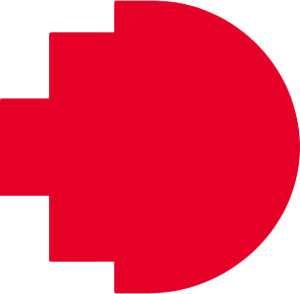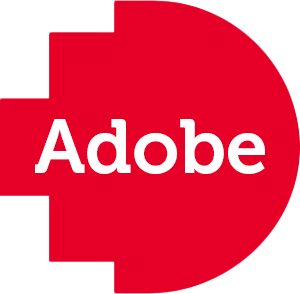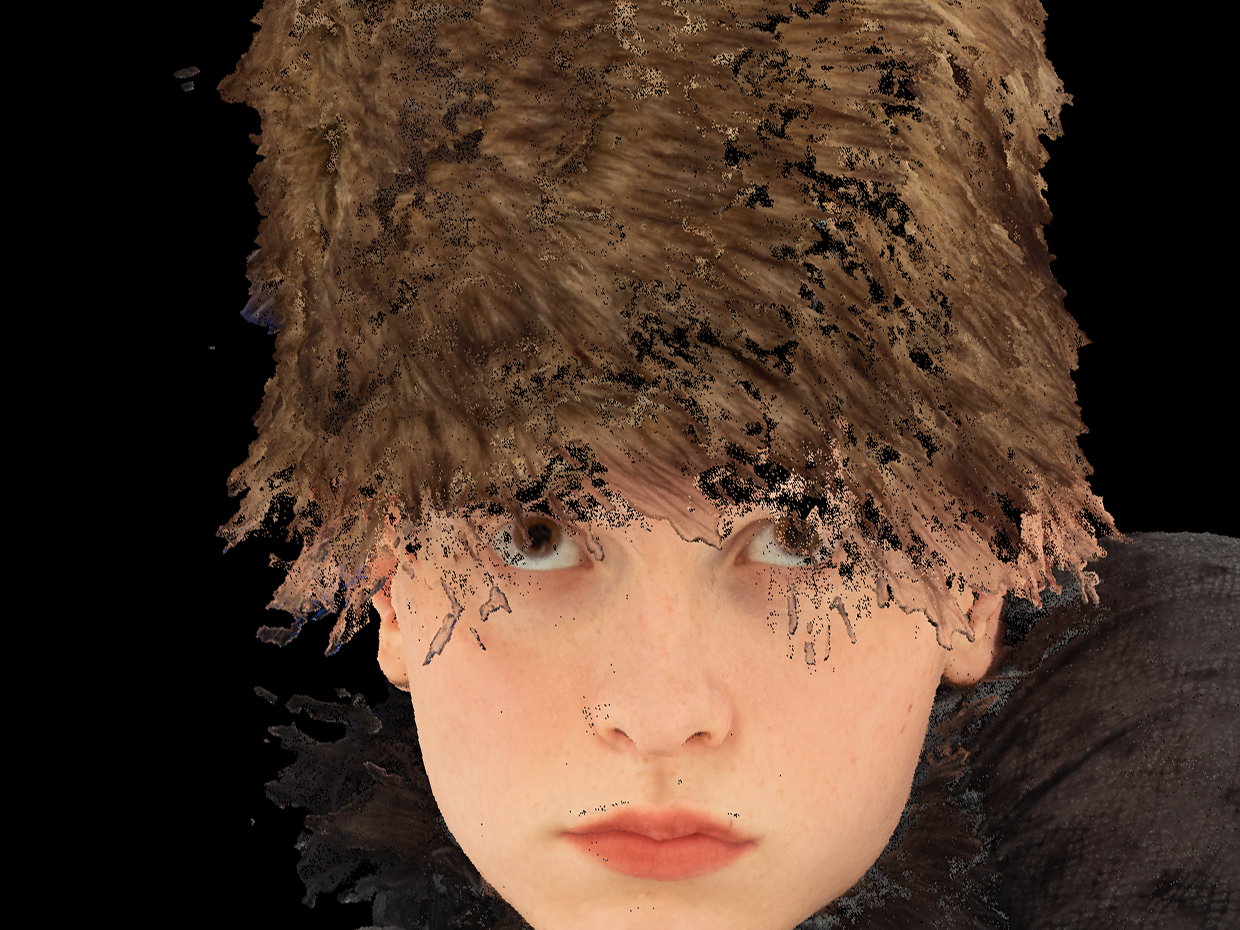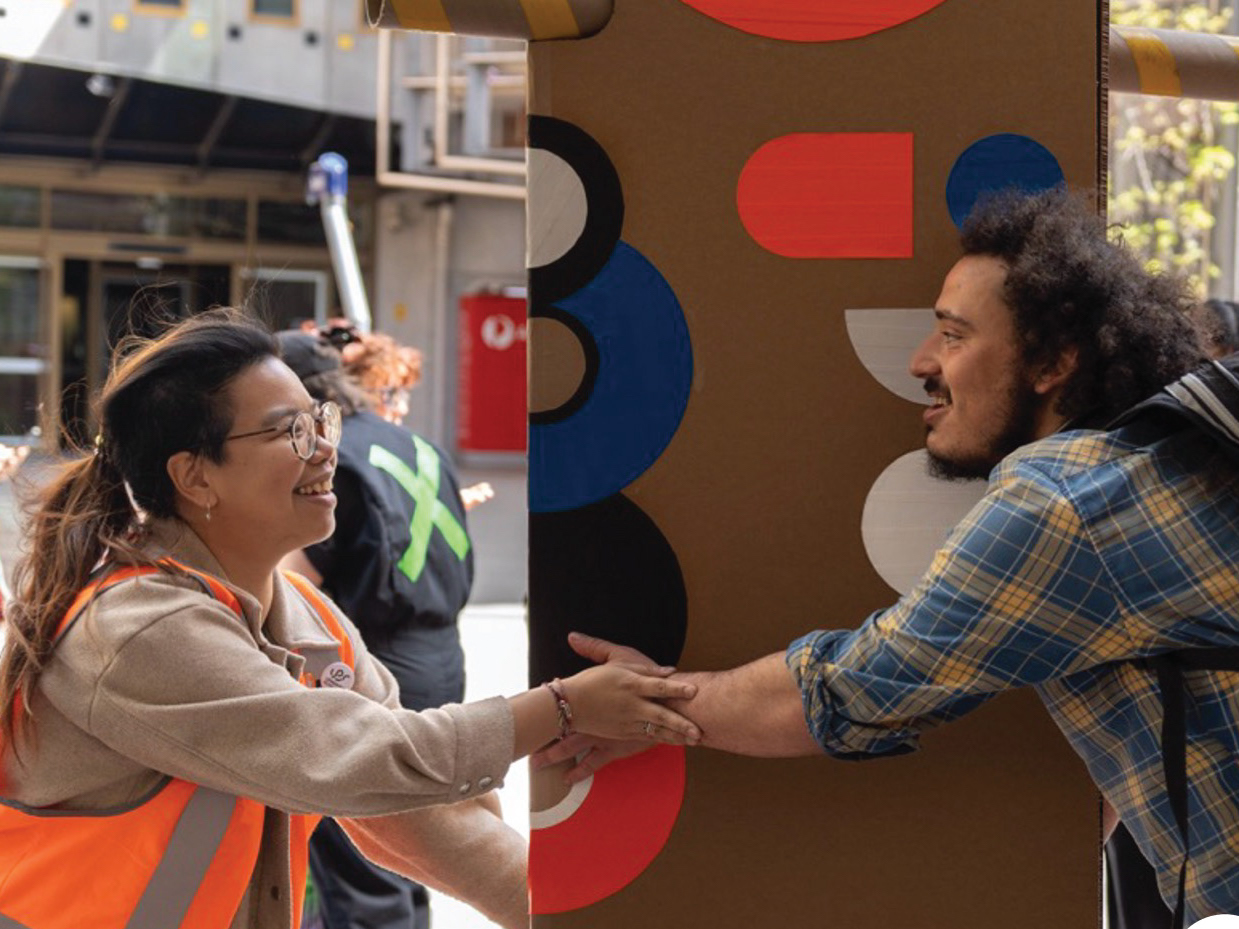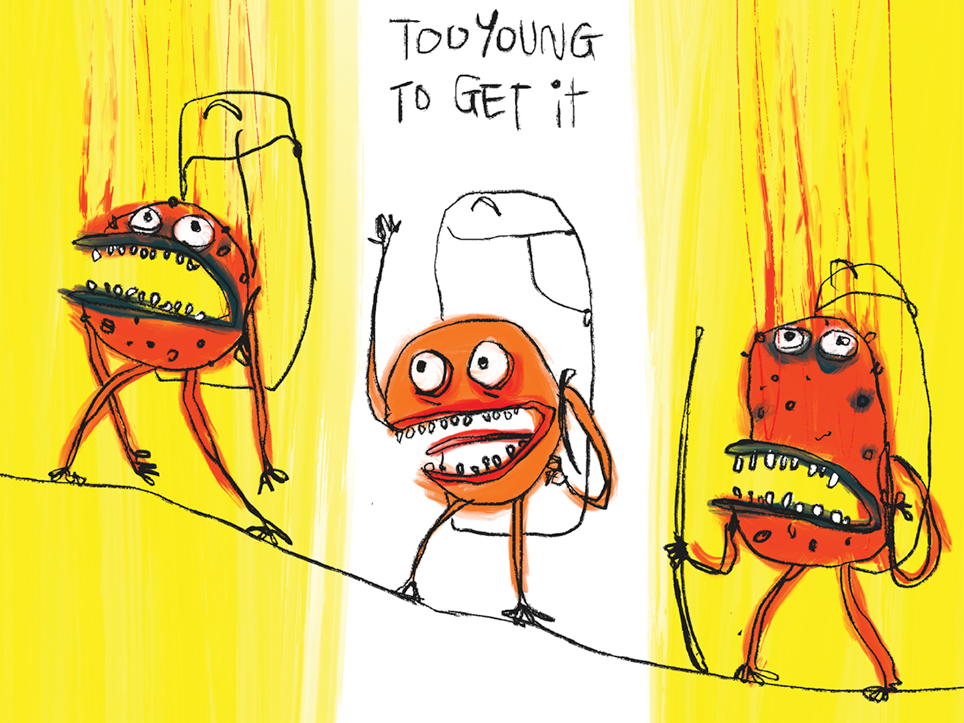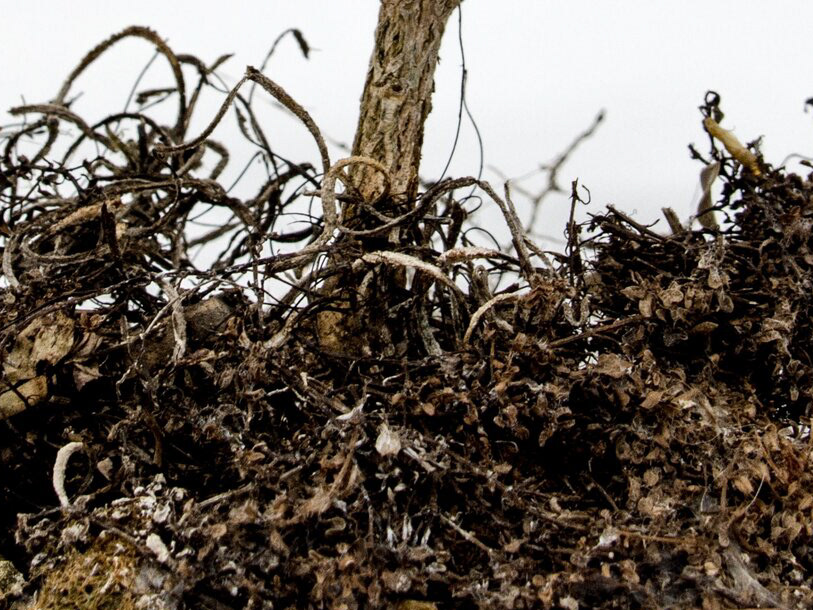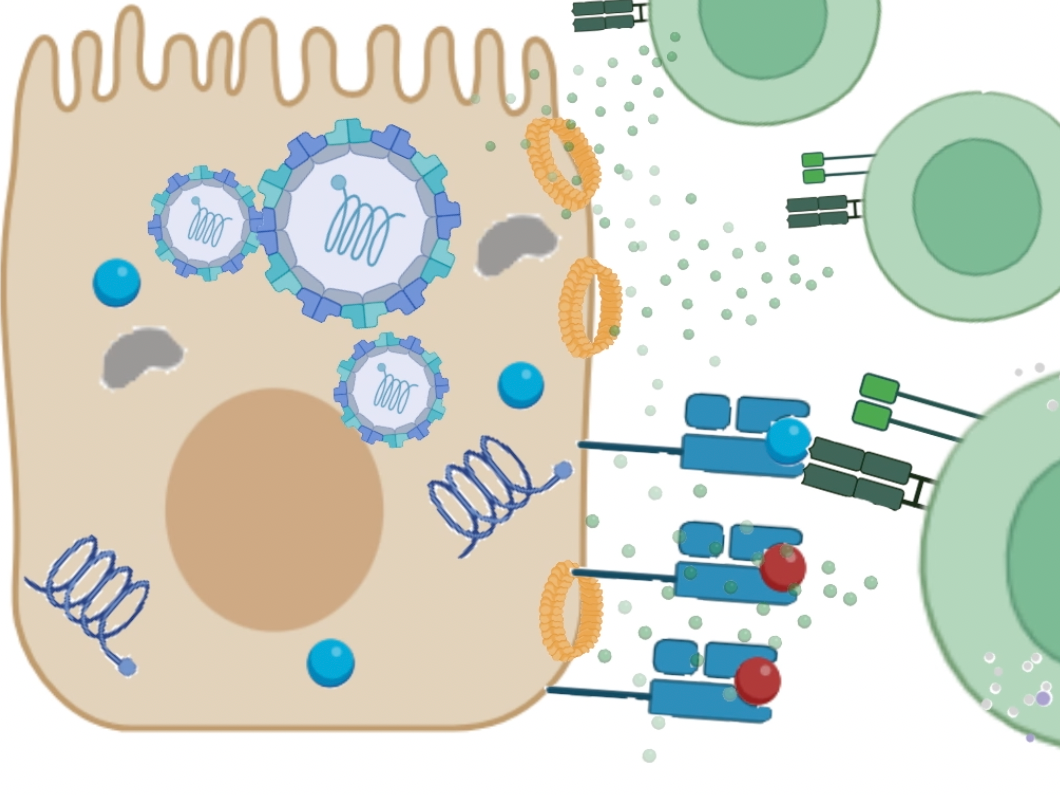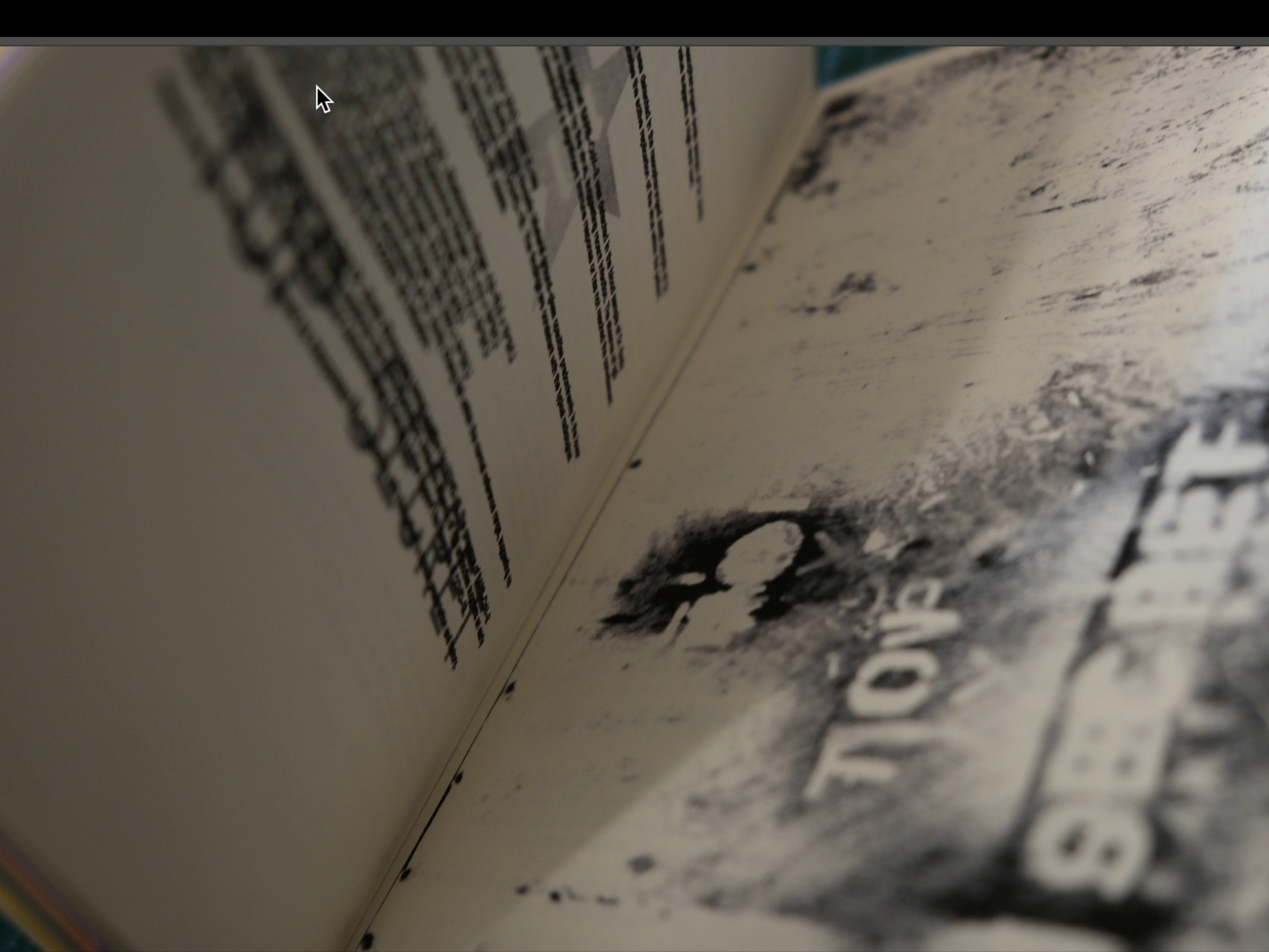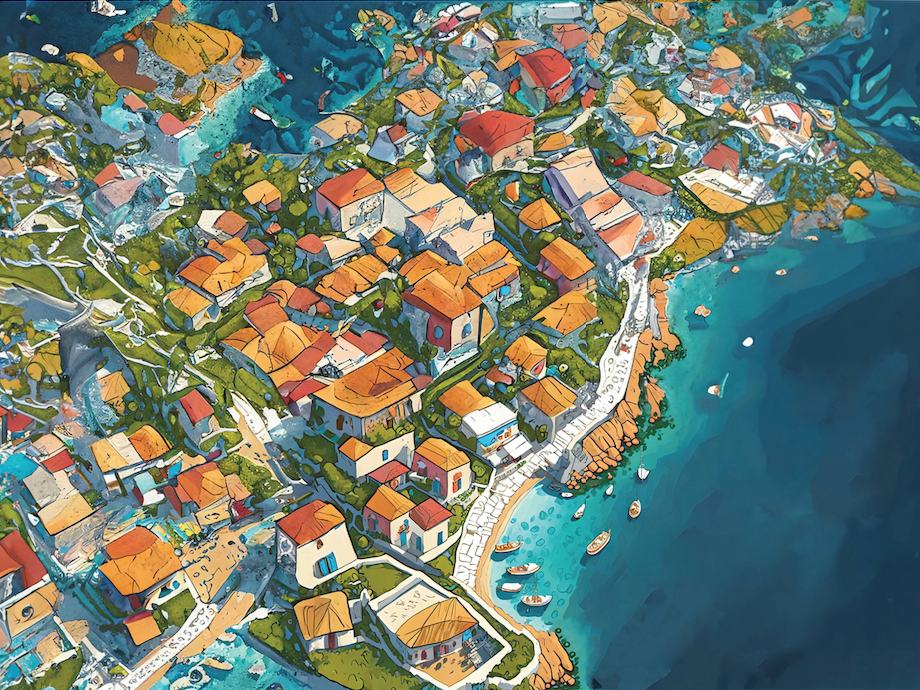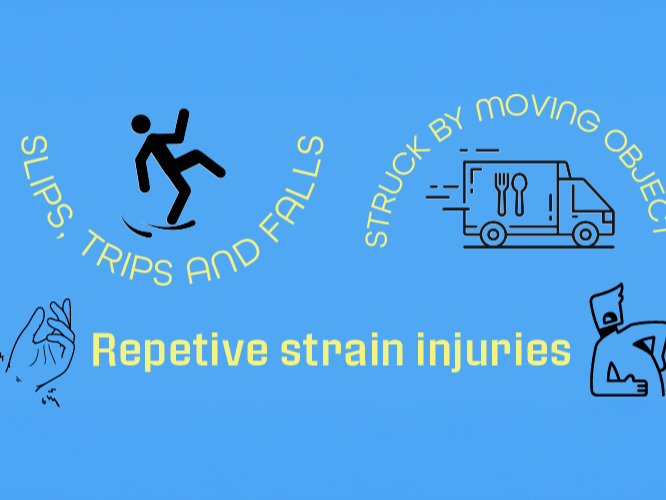Nutrition Physiology
Reality Bites
Disrupting traditional teaching methodologies in STEM
Jessica Danaher
Associate Dean, Student Experience Science
Associate Dean, Student Experience Science
Julia Low
Senior Lecturer, School of Science
Senior Lecturer, School of Science
Our team has pioneered an immersive storytelling learning resource utilising Virtual Reality (VR). This strategic incorporation of VR in storytelling breakdown conventional learning barriers, offering a more engaging, memorable, and effective educational experience
Resources
> Assessment item
> Student instructions / resource
> Criteria sheet / marking rubric
> Storyboard template
> Student Examples
Problem Statement
At the heart of RMIT's signature pedagogy lies a commitment to active, applied, and authentic learning, yet a paradigm shift is necessary within certain ‘traditionally’ taught courses. These have long relied on methods requiring students to memorise and regurgitate information, rather than engaging in transformative exploration. An argument may persist among some disciplines that delivering 'hard facts' via verbal or written means is the only feasible method for certain content.
This challenge is evident in RMIT's introductory course on nutrition, Nutrition Physiology (previously Nutrition Principles), a study dense with physiological jargon and dry recitation of facts, offering scant opportunities for immersive learning experiences. However, a solution emerges through the innovative integration of storytelling into our pedagogical approach. By weaving course content into narratives, enriched with visuals and accompanying auditory elements (including sound effects), we not only have the potential to captivate students but also encourage a deeper, autonomous engagement with the material.
Project Overview
Reality Bites is a transformative educational tool at RMIT, blending advanced VR with the principles of Nutrition Physiology, designed to disrupt traditional teaching methodologies. This project introduces an experiential approach, where students embark on a virtual journey through the human digestive system, making learning both captivating and intuitive.
What sets Reality Bites apart is its unique development process; the educational experience has been shaped by RMIT students themselves! Our nutrition students have been involved from the ground up, contributing to the creation of immersive content through a storyboarding exercise. This assessment requires students to detail the journey of nutrients within the human body, crafting comprehensive narratives complete with visual aids.
These storyboards generated by students studying nutrition served as the foundational material for the VR scenarios, which were subsequently created by students undertaking a computer technology capstone course. This student-led multidisciplinary collaboration has ensured that the final educational tool is not only informed by learner’s perspectives and skillsets but that it is also fit for the following nutrition cohort’s educational needs.
This approach to learning represents a paradigm shift at RMIT, turning students from passive recipients of information into active participants in the educational process, thereby making learning more engaging.
Emergent Outcomes
Outcome 1 - Enhanced Student Experience:
Pilot testing of Reality Bites has already highlighted positive impacts on student engagement and learning at RMIT, unequivocally underscoring the project's success.
In feedback collected from an anonymous survey of 35 nutrition students (comprising both undergraduate and postgraduate participants), an overwhelming majority affirmed the resource's effectiveness in bolstering their grasp of nutrition physiology, highlighting its engaging, informative nature and the confidence it instilled in their understanding of the subject matter.
Notably, there was a strong preference for incorporating more VR-based learning experiences like Reality Bites over traditional educational deliveries, such as lectures or textbooks. These insights testify to the project's alignment with RMIT's pedagogical pillars, particularly in fostering a more active and applied learning environment.
“I loved it, especially being a nutrition student and visual learner, [Reality Bites allowed me] to see
everything rather than just images in textbooks consolidated the information a lot more.” – RMIT
everything rather than just images in textbooks consolidated the information a lot more.” – RMIT
Student
Outcome 2 - Creation of Sharable Material:
Extending its impact beyond immediate student interaction, Reality Bites has catalysed the development of a comprehensive framework for educators. This includes a packaged set of resources—assessment guidelines, VR-storyboarding instructions, and evaluation rubrics—along with exemplary student-created content that fuelled the initial VR scenarios.
These materials not only demonstrate the applied aspect of our learning approach but also facilitate the replication and adaptation of such immersive experiences in different educational contexts, promoting a broader culture of authentic, engaging learning across RMIT and beyond.
Prospective Developments:
Reality Bites is gearing up for broader academic and public engagement. Key initiatives include presenting and gathering expert insights at an upcoming international nutrition conference, enhancing resource accessibility through mobile apps, and extending educational reach by sharing the tool with other institutions
The project's foundational work is also set to inspire future VR applications in human health and pathophysiology-based courses, benefiting diverse health and science programs at RMIT.
Furthermore, we intend to extend this experience to outreach activities, with the immersive nature of Reality Bites presenting an exciting, tangible way to explore science, potentially enticing prospective students to careers in nutrition, health, and food sciences.
Student storyboard by Jennie Ly and Natalie Lim
Student storyboard by Danis Veron Dominic Rexline, Saee Ashutosh Sakhalkar and Om Gaurang Shah
Digital Capability Building
Reality Bites directly addresses Digital Literacies within the RMIT student community, particularly focusing on enhancing digital fluency through its emphasis on digital technology in immersive environments.
Technical Literacy:
By engaging with a sophisticated VR platform, students familiarise themselves with advanced digital tools, a critical component of their academic and eventual professional journey. The interactive nature of Reality Bites requires students to navigate, operate, and understand VR technology, an emerging digital tool essential in various disciplines and industries. This hands-on approach ensures they are not just passive consumers of technology but are proficient at leveraging it for specific tasks.
Information and Critical Literacy:
Throughout the Reality Bites experience, students are tasked with designing for a virtual world, translating complex nutritional information to easy-to-digest messages, and making evidence-based decisions that influence their learning journey. The immersive approach sharpens their ability to critically engage with information and understand nuances of digital content creation, whilst enhancing several other skillsets and applications in a digitised context.
Key Learnings
One significant realisation is the need for institutional support in acquiring adequate technological resources, specifically VR headsets. Student evaluation has indicated a strong preference for immersive, VR-based learning experiences over traditional educational methods. However, the current resource constraints limit the scalability of such innovative approaches. To fully integrate Reality Bites, and other VR-based educational initiatives, into RMIT's curriculum and uphold the university's dedication to active, authentic, and applied learning, substantial investment in these immersive technological tools is essential.
The process also highlighted the importance of adaptability and maintenance in educational tool design and use. Future iterations of Reality Bites will benefit from incorporating feedback from student interactions, as well as expert insights and upgrades to the technology. This feedback loop will not only enhance the content and delivery but also ensure that the tool remains relevant and responsive to the evolving educational landscape and student needs.
These learnings advocate for a proactive, resource-backed approach to educational innovation, emphasising the need for institutions like RMIT to be equipped and adaptable in the face of technological advancements in education.
Student work by Zara Woodbridge, Sahra Hawilli and Karlo Gospel for Nutritional Physiology
